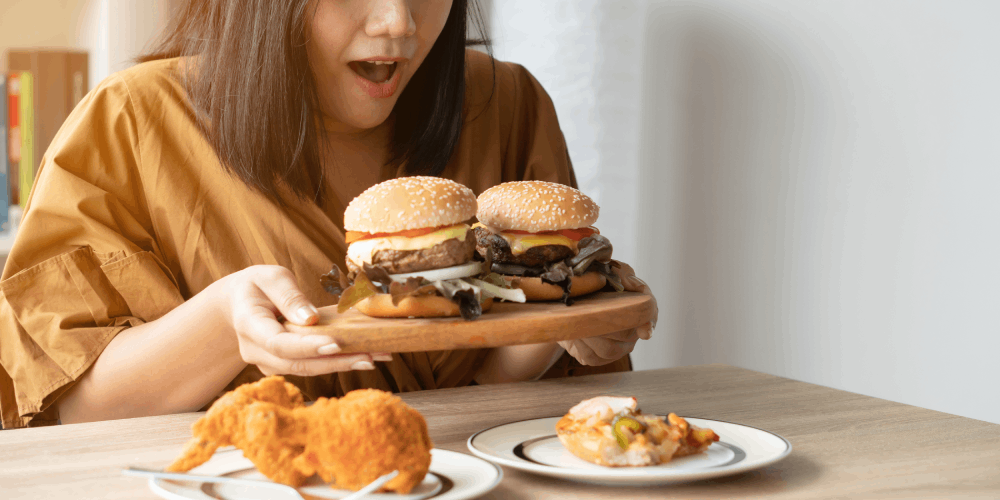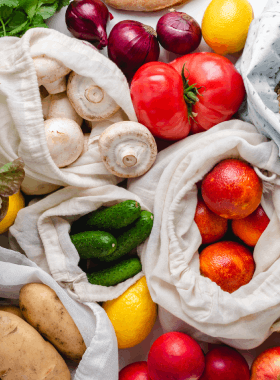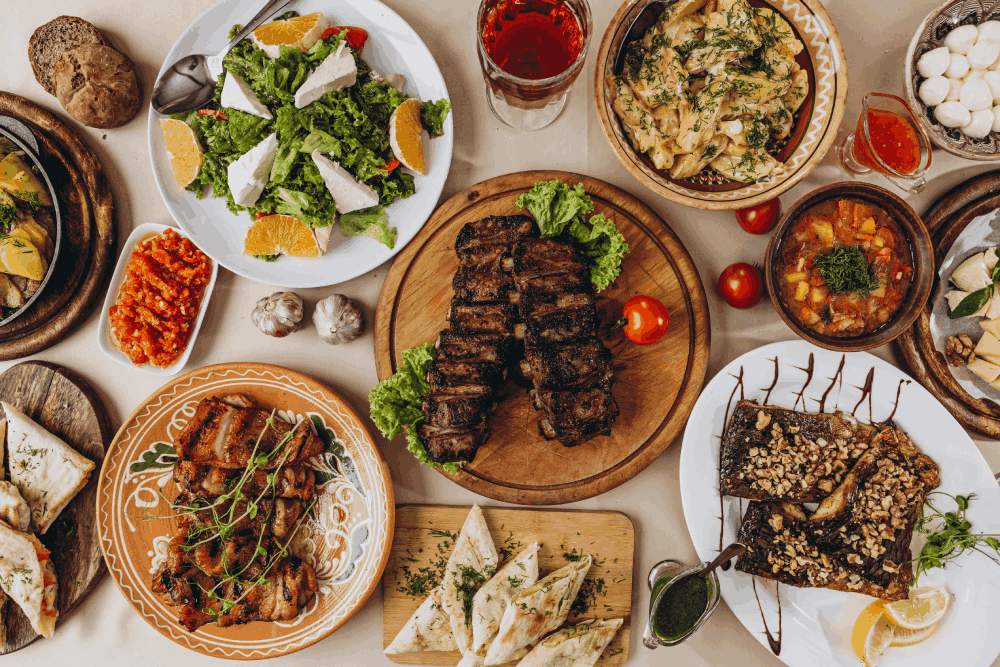How Do I Train My Mind to Stop Overeating?
Overeating is an eating disorder characterized by episodes of increased food intake, regardless of the body's regular nutritional needs.
What are the Dangers of Overeating?
One Persian proverb says: “When you eat as much food as your body needs, you maintain the vital life energy. But if you eat more, you feed your diseases.”
This isn’t just about being overweight. Overeating accelerates the process of cellular aging and increases the risk of many diseases. Moreover, the most dangerous type of fat is not one that can be seen, but the fat that is hidden. It is usually located near organs like the liver, heart, and intestines. Besides, visceral fat is strongly linked to diabetes, cardiovascular diseases, and other health conditions.
Four Reasons for Overeating

Stress Eating
In today's rapidly changing and stressful world, life rhythms have become more challenging and less predictable. As time progressed, the human body identified a common coping mechanism for stress — food. It turned out that chronic stress is perceived as hunger at the cellular level. And the natural response to this situation is to eat more.
It is firmly embedded in the genes that any living organism that eats well and stores more fat has a better chance of surviving.
In fact, there are many other mechanisms at the genetic level. For example, a high-sugar diet can promote overeating. The point is that most ripe fruits have increased sugar content. To survive, man learned to eat more sweet foods and turn them into fat. But in modern realities, this principle is working against us.
Disturbances of Circadian Rhythms
Another reason for overeating is that your body is affected by circadian rhythm disorders, lack of sleep, delayed sleep phase syndrome, and excessive exposure to light in the evening. The misalignment of the body's internal clock makes you crave late-night snacks instead of feeling the urge to sleep.
Therefore, it is crucial to regulate your day-night cycle and sleep schedule in order not to overeat. It has been scientifically proven that sleep deprivation of a single hour results in eating 250 extra calories the next day. Lack of sleep makes self-control more difficult, weakening willpower and increasing impulsivity.
Emotional Overeating
If there are few things in life that bring satisfaction, and people do not enjoy their jobs and have no hobbies (they need to force themselves to do something throughout the day), the body starts to look for ways to get pleasure. In most cases, alcohol and food become the first available sources of dopamine.
Social Environment
There is a popular term in psychology called “careless eater”. It describes a person who copies the eating habits of others. This type of people tend to eat a similar amount as their companions; they eat more when others eat more and less when others go on a diet.
Overeating is highly contagious. Scientists have found that you are more likely to become overweight if your friends have put on some pounds. However, it also works in reverse: if you are surrounded by fit people, your chances of losing weight increase. This principle is determined by brain features responsible for the unconscious copying of behavioral patterns of people close to you.
Three Ways to Eat Less
Practise Portion Control

Keep your portion sizes under control. Avoid eating too many high-calorie foods, and add more vegetables and greens. These changes can have a great impact on the number of calories and amount of food you consume.
Try inverse proportion for food servings. For example, you can substitute spaghetti with veggies and greens in pasta dishes.
If you use a regular dinner plate, divide it into sections in order to change the proportions between high-calorie and low-calorie foods. With this method, you will automatically eat less. Besides, the changes in serving size will not be seen visually.
Choose Whole Foods

Whole foods typically are not processed or ground and are free of additives. They are grown without the use of chemicals.
There has been much research done on this topic. One of them studied the difference between whole food and processed food. In terms of macronutrients, the amount of fat, sugar, fiber, and calories, both types had the same indicators. The study has found that people who ate processed foods consumed 500 extra calories. This is because processing makes food easier to chew and swallow. In this regard, eating a steak or cuts of meat is better than ground meat. Steel-cut groats are better than instant oats. And whole fish is certainly healthier than fish sticks.
Downsize Your Plates

Large plates make food appear smaller, causing a stronger desire to eat.
There are two main characteristics when choosing a proper plate: color and contrast. If you eat light-colored food from a red plate, you will likely consume less. The same principle applies to pasta with tomato sauce on a white plate. Apparently, less color contrast between the food and the plate confuses the brain, and people eat more. It may seem to be a small thing, but it affects our eating habits. We tend to eat and drink less from heavy plates and glasses. Eating with heavier cutlery also helps you eat less. Try out these tips.
